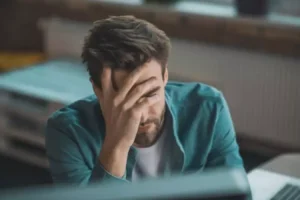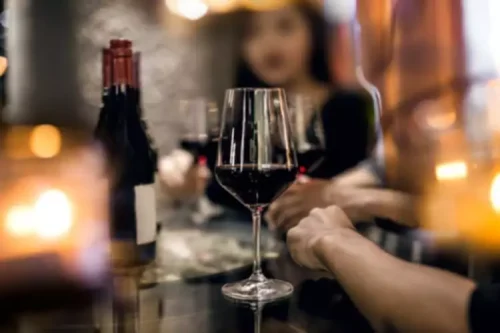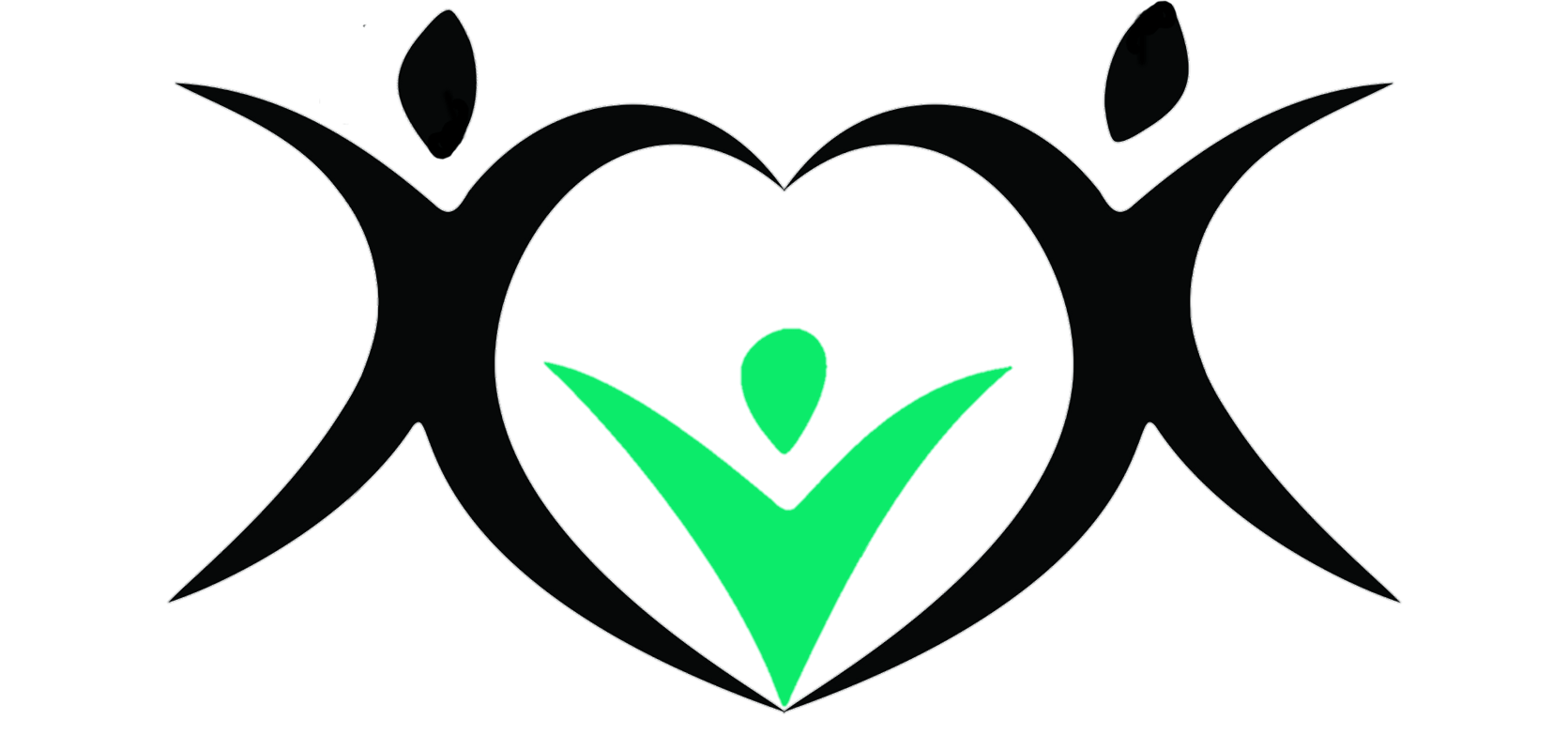Anxiety, Panic Attacks and Drinking

These eight examples of mindful daily rituals can help you find inspiration for what feels best for you. This can cause you to limit your activities, leading to feelings of isolation or missed opportunities with friends or at work. You might be sad to miss out — but also relieved that you don’t have to go. When someone has an anxiety disorder, the anxiety they feel can be more persistent and even debilitating. It might pop up without an obvious reason or stick around even after a stressful event has passed.
- The longer you subject yourself to this cycle, the harder the road back to happiness and balance becomes.
- Of these, 9.7% report using alcohol to help with their symptoms, a choice that sets off a vicious cycle.
- Drinking out of a sense of obligation or social pressure is driven by anxiety at its outset and can further complicate your symptoms.
- I tried to manage by avoiding crowds and anywhere busy, and I took to doing my shopping at night when there were fewer people.
- This is because, as users increase the quantities of alcohol they drink to ease anxiety symptoms, it creates structural brain changes, depleting the reserves of GABA (a calming hormone).
What causes anxiety?
- Chai was a national health reporter at Global News in Toronto for 5 years, where she won multiple awards, including the Canadian Medical Association award for health reporting.
- Alcohol is a central nervous system depressant, which means it slows down brain activity and can induce feelings of relaxation and calmness.
- Anxiety attacks and these feelings of being on edge can go on for days or even weeks.
- Alcohol is a diuretic, which means that it causes excessive expulsion of liquid from the body via urination.
Individuals with alcohol use disorder (AUD) or a history of alcohol dependence are also more likely to experience anxiety during withdrawal. Chronic illnesses, such as liver disease or cardiovascular conditions, can interact with alcohol use to worsen anxiety symptoms. Alcohol is one of the most common substances people turn to when trying to self-medicate things like anxiety disorders or depression. Still, it’s not an effective treatment by any stretch of the imagination.

The Complete Depression Guide: How to Free Yourself

This symptom can be distressing, as it may mimic panic attack alcohol and anxiety sensations. Several lifestyle choices increase the risk of alcohol-induced anxiety disorder. Heavy or binge drinking is a significant factor, as consuming large amounts of alcohol in a short period can alter brain chemistry, triggering anxiety. Individuals who use alcohol to cope with stress, social anxiety, or other mental health issues are at higher risk.
Can Alcohol Cause Panic Attacks

Additionally, discuss your use of alcohol with a healthcare provider or mental health professional who can screen you for alcohol use disorder and help guide you to appropriate treatment. Many people recover from alcohol dependence and alcohol use disorder with proper medical supervision. If you are frequently experiencing panic attacks after drinking alcohol, it is important to take a look at your drinking. Checking if you are regularly consuming over the recommended weekly limit of 14 units is a good start.
For more persistent or intense anxiety, professional help like therapy or medication might be necessary. Combining lifestyle changes with treatment often leads to the best long-term results. Anxiety isn’t just in your head, it often shows up in your body too. People who experience anxiety might also experience stomach problems, headaches, nausea, shortness of breath, or rapid heartbeat, even when they don’t feel particularly anxious mentally. For some, it’s more mental — like constant worrying or overthinking. For others, it shows up physically, with symptoms like headaches, muscle tension, or trouble sleeping.
- Alcohol has an effect on brain chemistry – it can induce panic because of its effects on GABA, a chemical in the brain that normally has a relaxing effect.
- If you’ve ever felt like you can’t control your racing thoughts, you’re not alone.
- It is in your interest not to develop mistrust or be frustrated by opposing views and recommendations.
- If you’re still feeling anxious after a few weeks, contact your GP surgery.
If you drink chronically, this can increasingly become your natural state. You see, alcohol is a depressant that affects your central nervous system, which means it slows down brain activity and can make you feel more relaxed and carefree initially. However, as you continue to consume alcohol, it can disrupt the balance of chemicals in your brain, including serotonin, a neurotransmitter responsible for regulating mood. There may be genes which predispose people to developing emotional problems in general, but no specific genes predispose people to developing panic. As we will see in the next section, no matter what causes panic, it is what keeps people having panic attacks that tends to be more important.
Conditions

Underneath these visible changes may be potentially more damaging effects, however. If the symptoms of a hangover or hangxiety are severe—or if you are having shaking, tremors, a fever, changes in consciousness, or seizures—get prompt medical attention. Having hangxiety or being with someone going through it can be very distressing to everyone involved. There aren’t any definite cures or ways to get rid of hangxiety symptoms, except with time, but there are ways that you can cope. Eventually, dependence needs more of a substance to get the same effects.
While some people are able to drink responsibly and in moderation, others struggle to control their drinking and put themselves at risk of developing addiction and other physical health concerns. In other words, alcohol is not all bad – but it does have the potential to damage your psychological and/or physical health. Panic attacks are intense and sudden episodes of overwhelming fear or discomfort. They can occur unexpectedly and are often accompanied by physical symptoms such as rapid heartbeat, shortness of breath, trembling, sweating, and a feeling of impending doom. Panic attacks typically reach their peak within minutes what is alcoholism and can last for several minutes to an hour.
In one study, 35.8% of alcohol-dependent men (and 60.7% of women) reported feeling anxious. This is because, as users increase the quantities of alcohol they drink to ease anxiety symptoms, it creates structural brain changes, depleting the reserves of GABA (a calming hormone). When it comes to anxiety, drinking alcohol can be a double-edged sword.




دیدگاهتان را بنویسید
برای نوشتن دیدگاه باید وارد بشوید.